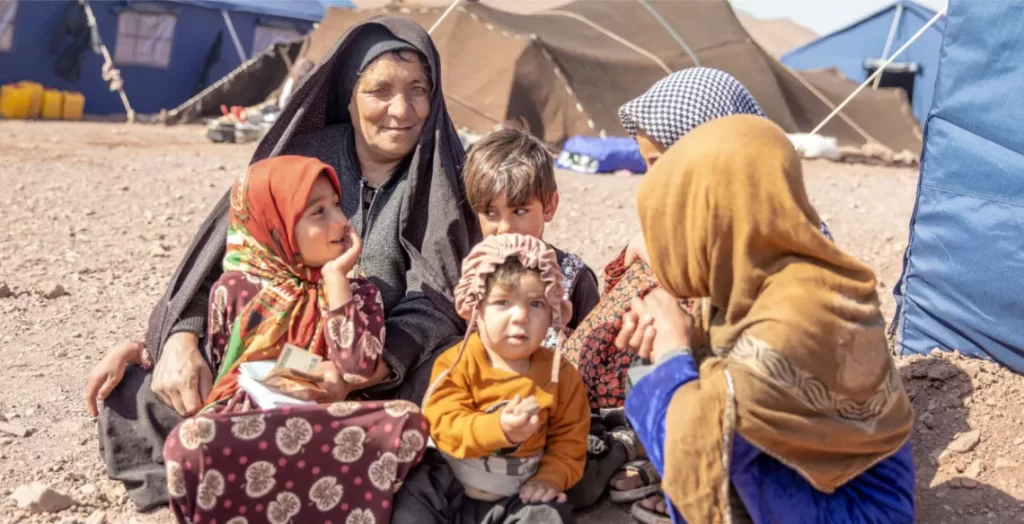Humanitarian Assistance in Afghanistan: UNICEF’s Urgent Call for Aid
Humanitarian Assistance in Afghanistan faces a critical juncture as the United Nations Children’s Fund (UNICEF) reports that a staggering 23.7 million people, including 12.3 million children, require immediate support in 2024, according to Afghanistan-based Press.
UNICEF’s latest report, released in March, underscores the pressing need for action, revealing that only 35 percent of the required $1.4 billion aid for children in Afghanistan has been secured.
Attributing the surge in poverty to persistent conflicts, climate disruptions, economic downturns, and soaring unemployment rates, the report paints a grim picture of the country’s humanitarian landscape.
Since the onset of 2024, Afghanistan has grappled with a measles outbreak, recording 14,570 suspected cases and 71 fatalities. Alarmingly, over 11,000 of these cases involve children under the age of five, with more than 6,000 cases affecting women. In light of this, UNICEF emphasizes the need to prioritize the safety of female staff in Afghanistan.
Amidst these challenges, concerns mount for Afghan children returning from Pakistan, with ‘Save the Children’ warning of food and shelter shortages for 250,000 returning minors.
Efforts to mitigate the crisis are underway, with the World Food Programme announcing the distribution of food and cash to six million people monthly, as reported by Afghan Media on April 27.
UN estimates indicate that approximately 15.8 million Afghans are on the brink of food insecurity crises and emergency levels.
To address these urgent needs, the United Nations Office for the Coordination of Humanitarian Affairs has requested a budget of $3.6 billion, underscoring the scale of the assistance required to alleviate the suffering of millions in Afghanistan.


